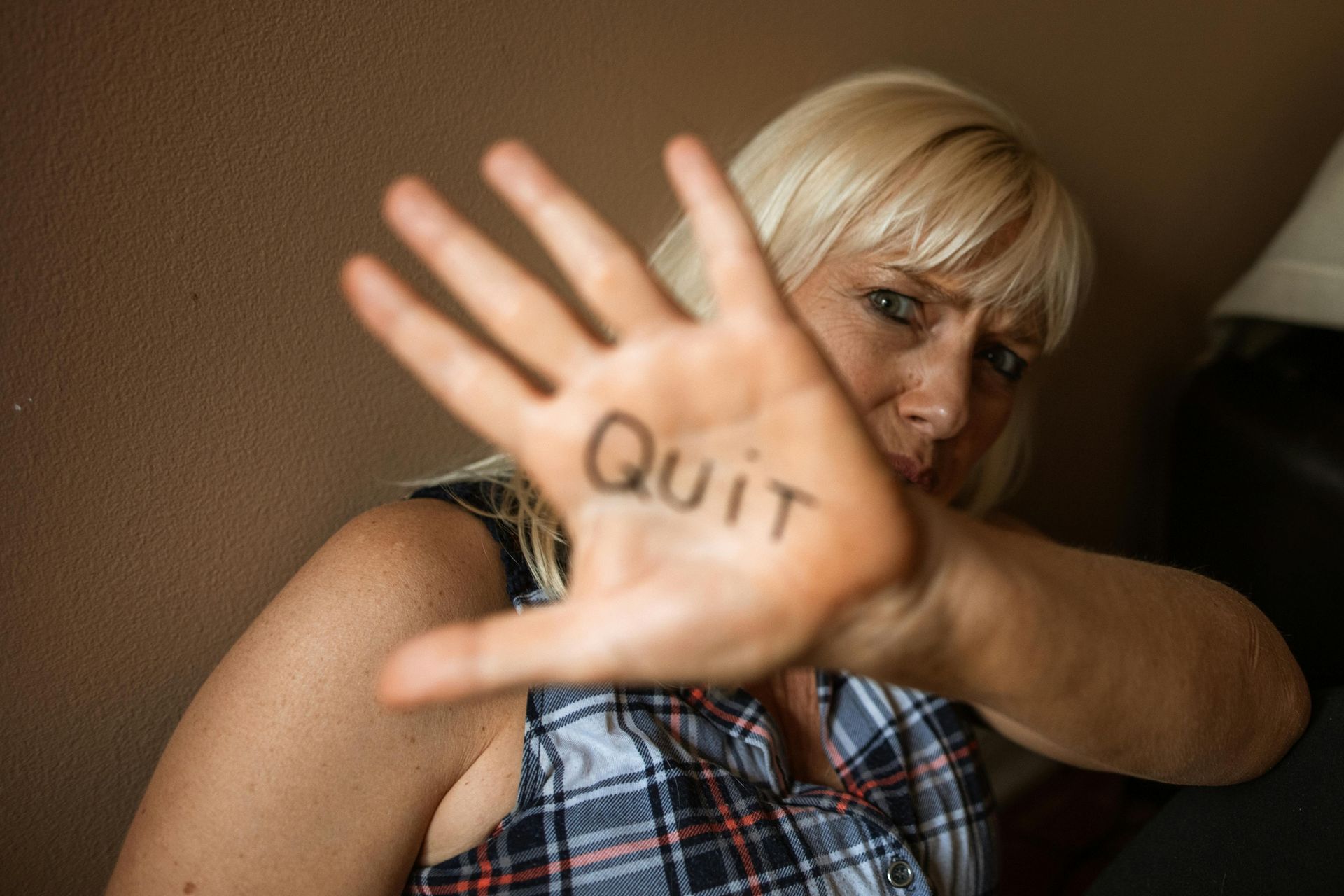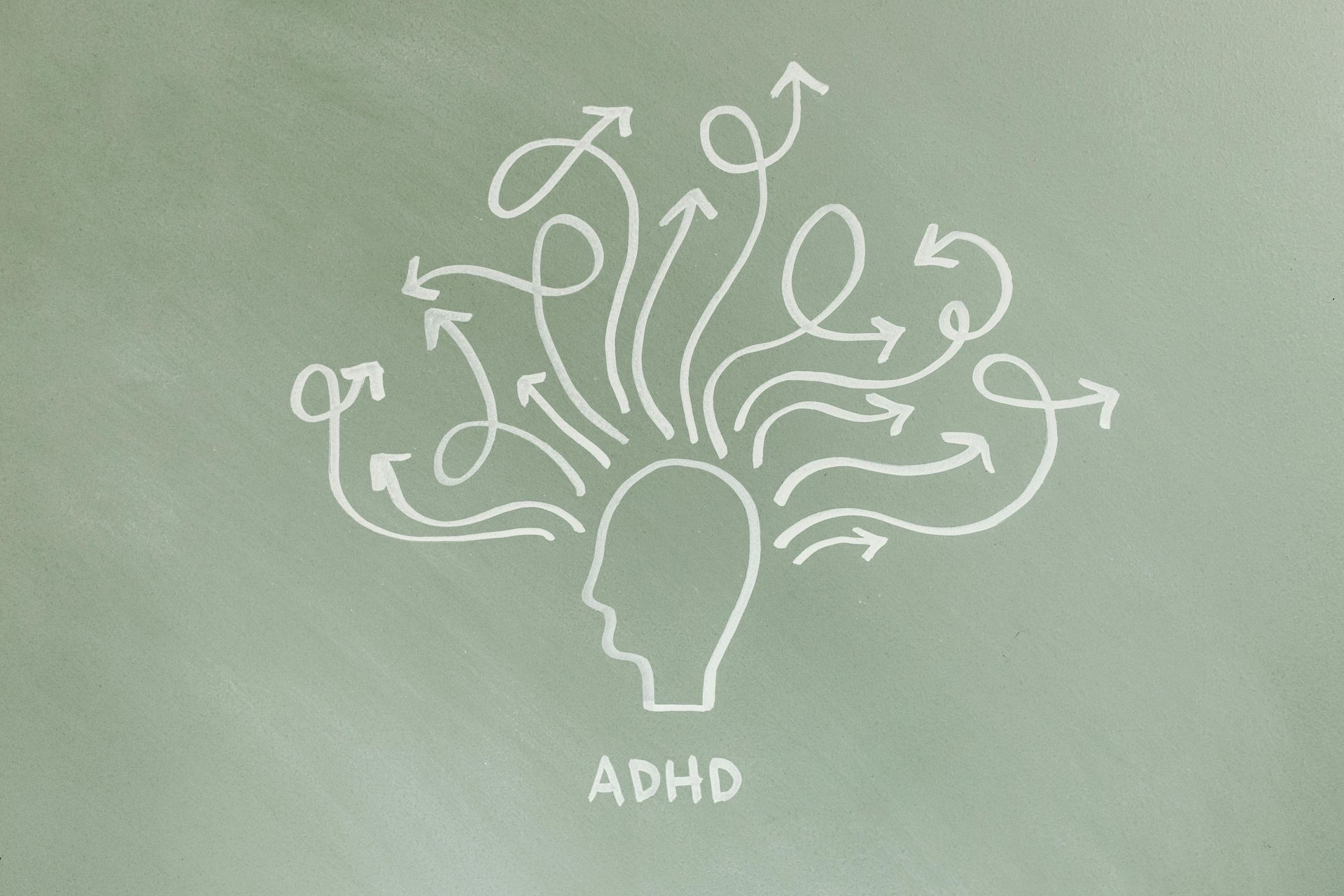How PTSD Affects Relationships and How to Heal Together
How PTSD Affects Relationships and How to Heal Together
By Masood Suliman | March 2025

Navigating Love and Connection After Trauma
Post-Traumatic Stress Disorder (PTSD) doesn’t just affect the person who experienced the trauma—it also impacts their loved ones, especially romantic partners. Relationships can become strained by emotional triggers, communication challenges, and trust issues. But healing is possible. Understanding how PTSD affects relationships and learning strategies to support both yourself and your partner can help build a healthier, more connected future together.
Table of Contents
- What is PTSD?
- How PTSD Impacts Daily Life
- The Effects of PTSD on Relationships
- Strategies for Strengthening Your Relationship
- When to Seek Relationship Counselling
What is PTSD?
PTSD is a mental health condition that develops after a person experiences or witnesses a traumatic event. It can result from a single incident, such as an accident or assault, or prolonged exposure to distressing experiences, like childhood abuse or combat.
Common symptoms include:
- Flashbacks and intrusive memories
- Nightmares and sleep disturbances
- Intense emotional reactions (anger, sadness, or numbness)
- Avoidance of reminders of the trauma
- Hypervigilance or feeling constantly on edge
These symptoms can persist for months or even years, making daily life—and relationships—challenging.
How PTSD Impacts Daily Life
PTSD doesn’t just live in the past—it affects how people experience the present. Those with PTSD may struggle with work, social interactions, or even simple daily tasks. They may feel disconnected from their surroundings, have trouble focusing, or experience overwhelming emotions.
For partners, understanding these struggles is crucial. A person with PTSD isn’t choosing to be distant or irritable—their nervous system is responding to past trauma in ways that can be difficult to control. Recognizing these effects can foster empathy and patience within the relationship.
The Effects of PTSD on Relationships
Relationships thrive on trust, communication, and emotional connection. PTSD can challenge these aspects in several ways:
Emotional Distance
Someone with PTSD may withdraw emotionally, struggling to connect with their partner due to feelings of numbness or detachment.
Difficulty Communicating
PTSD can make it hard to talk about feelings or past trauma. A person might shut down during difficult conversations, leaving their partner feeling isolated or unheard.
Increased Conflict
Triggers and heightened emotional responses can lead to misunderstandings and arguments. Small disagreements may escalate quickly due to underlying stress and trauma-related anxiety.
Trust and Intimacy Challenges
For some, PTSD creates barriers to trust and vulnerability. This can affect physical intimacy, leading to feelings of rejection or frustration within the relationship.
Strategies for Strengthening Your Relationship
While PTSD presents challenges, there are ways to nurture and strengthen your relationship.
1. Educate Yourself on PTSD
Understanding what your partner is going through can help you respond with compassion rather than frustration. Research PTSD, attend support groups, or speak with a mental health professional for guidance.
2. Prioritize Open and Patient Communication
Encourage conversations but avoid pushing. Let your partner share at their own pace. Use “I” statements to express your feelings, such as, “I feel concerned when you withdraw, and I want to support you.”
3. Create a Safe and Predictable Environment
Trauma survivors often feel safest with routine and predictability. Establishing comforting rituals, like a daily check-in or evening walks together, can provide stability and reassurance.
4. Respect Boundaries
PTSD survivors may have certain triggers or personal space needs. Respect their boundaries without taking them personally. If they need time alone, reassure them that you’re there when they’re ready.
5. Practice Self-Care
Being a supportive partner is important, but so is taking care of yourself. Make time for hobbies, friendships, and activities that recharge you so that you can show up for your partner without feeling overwhelmed.
When to Seek Relationship Counselling
Sometimes, the challenges of PTSD in a relationship can feel overwhelming. If communication is breaking down, resentment is building, or both partners are feeling emotionally exhausted, relationship counselling can help.
Counselling provides a safe space to work through difficulties, improve communication, and develop coping strategies together. A therapist experienced in PTSD & trauma can guide both partners toward greater understanding and healing.
Final Thoughts
PTSD can make relationships feel difficult, but with understanding, patience, and support, couples can grow stronger together. If you or your partner are struggling, relationship counselling can help rebuild trust, communication, and connection. You don’t have to go through it alone—help is available.
This article is for informational purposes only and is not a substitute for professional mental health advice or therapy.

About Masood Suliman
Masood Suliman is a registered psychotherapist in Ottawa who provides relationship counselling, trust and boundaries, and trauma therapy. He provides a compassionate and evidence-based approach to helping people strengthen their connections. Trained in Cognitive Behavioral Therapy (CBT) and Eye Movement Desensitization and Reprocessing (EMDR), Masood offers tailored support to help navigate challenges and build healthier, more fulfilling relationships. If you're ready to work on building trust and setting healthy boundaries, reach out today.


Start Your Journey Today
Book a free consultation to see if therapy is the right fit for you. Sessions are available in-person in Ottawa or online for your convenience.
All Rights Reserved | Masood Suliman
Website by: THERASOL - MarketingForTherapists.ca

